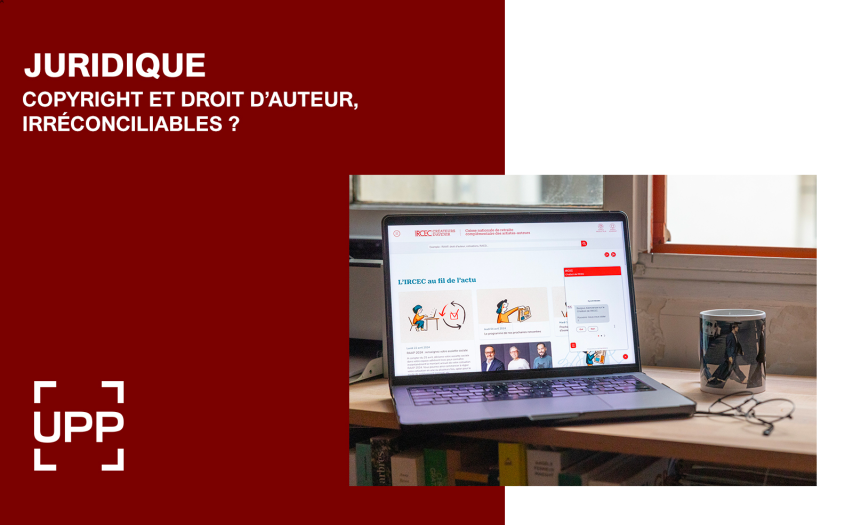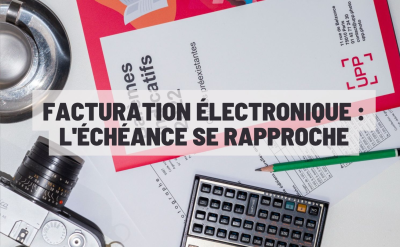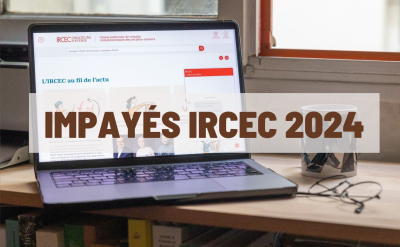News

Credit: Emmanuel Perret
Copyright and authors' rights: irreconcilable?
08 October 2024
Legal
Viewed 619 times
In France, it's common to see the © sign, the international copyright symbol, next to the author's name. In fact, many of you claim copyright on your creations in order to protect your rights....
You must be cotisant to read the rest





